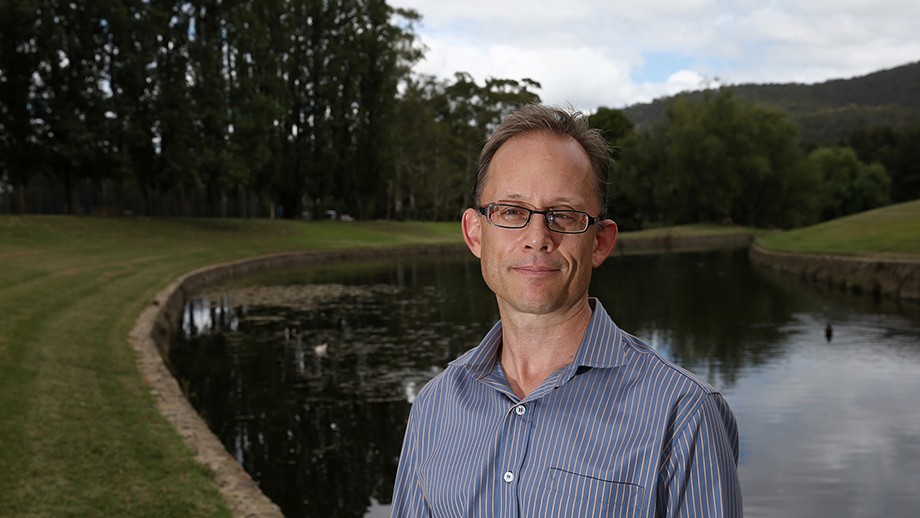ANU wins funds to fight global disease
Associate Professor Martyn Kirk has secured a grant for more than $427,000 in the latest National Health and Medical Research Council (NHMRC) funding round, to help with a European Union collaboration to fight disease outbreaks.
The four-year funding will help Associate Professor Kirk, from the National Centre for Epidemiology and Population Health, take part in the collaboration with 28 research partners from 10 EU countries to find ways to reduce the impact and cost of disease outbreaks from contaminated food.
"The fact that we are able to collaborate with 28 European research partners is fantastic," Associate Professor Kirk said.
The project will capture data on genetic strains of micro-organisms from food, animals and humans to develop a European platform to quickly identify disease-causing micro-organisms, which cause or have the potential to cause disease outbreaks around the world.
"It is a time of incredible growth in what we know about organisms that contaminate food because of this genomic revolution and the explosion of information sharing," Associate Professor Kirk said.
Associate Professor Kirk said his research would focus on ways health departments could incorporate this kind of genetic information into surveillance to gain better information to attribute sources of infection.
"Foodborne diseases are a global concern. In Australia, there are 4.1 million episodes of foodborne illnesses each year and on occasions it can be life threatening," he said.
"We can't stop food going around the globe but we can identify the source of these problems to improve the safety of the food supply."
Europe, North America and Australia have all experienced outbreaks of hepatitis A infection, salmonellosis, norovirus infections and cholera from foods that were distributed internationally.
"The quicker we can identify these problems the better off we are in terms of overall population health," he said.
Deputy Vice-Chancellor (Research) Professor Margaret Harding said the NHMRC grant to participate in the EU Horizon 2020 Program would help ANU play a leading role in the fight against disease.
"Increasing our collaborations with European partners is a strategic priority for the university, so it is fantastic to see we are contributing to globally leading efforts in fighting the spread of foodborne diseases," Professor Harding said.
"Only nine of these grants were awarded in Australia, so on behalf of the University I congratulate Martyn and his collaborators on his success and look forward to seeing the impacts of this research in future."

